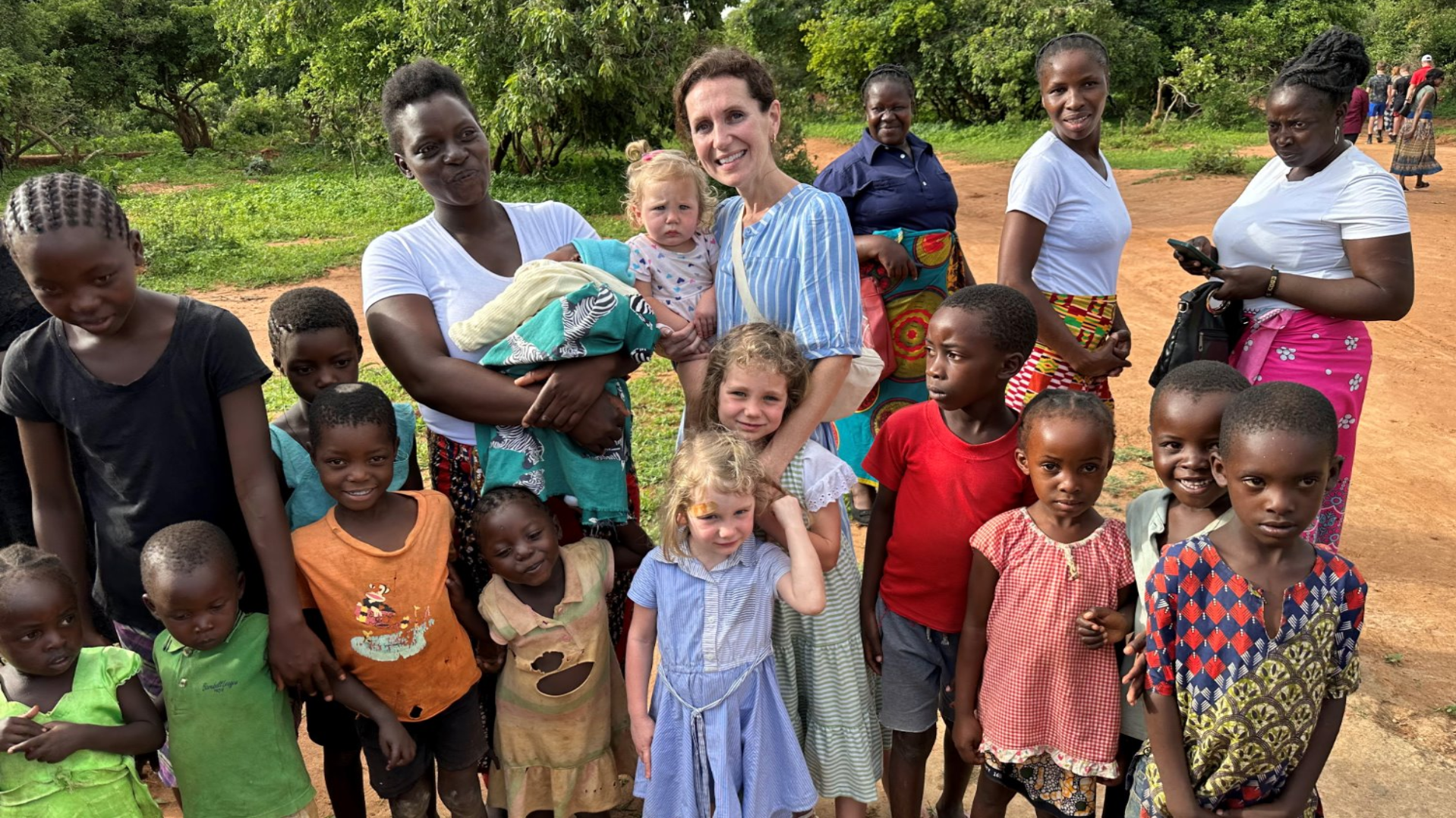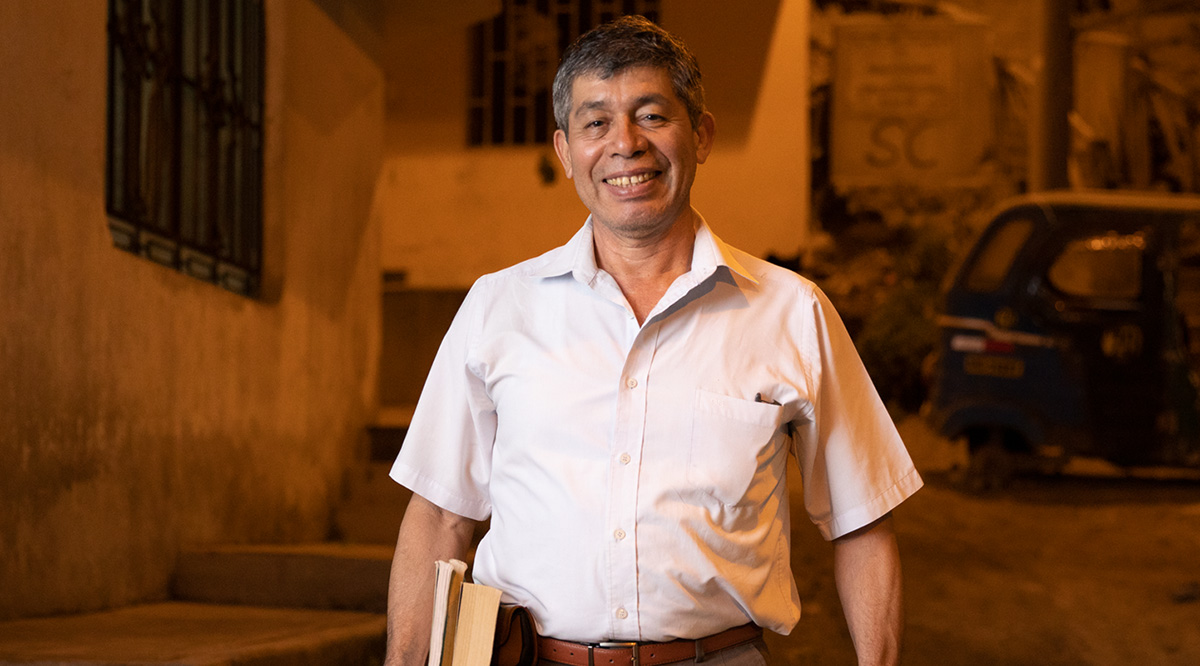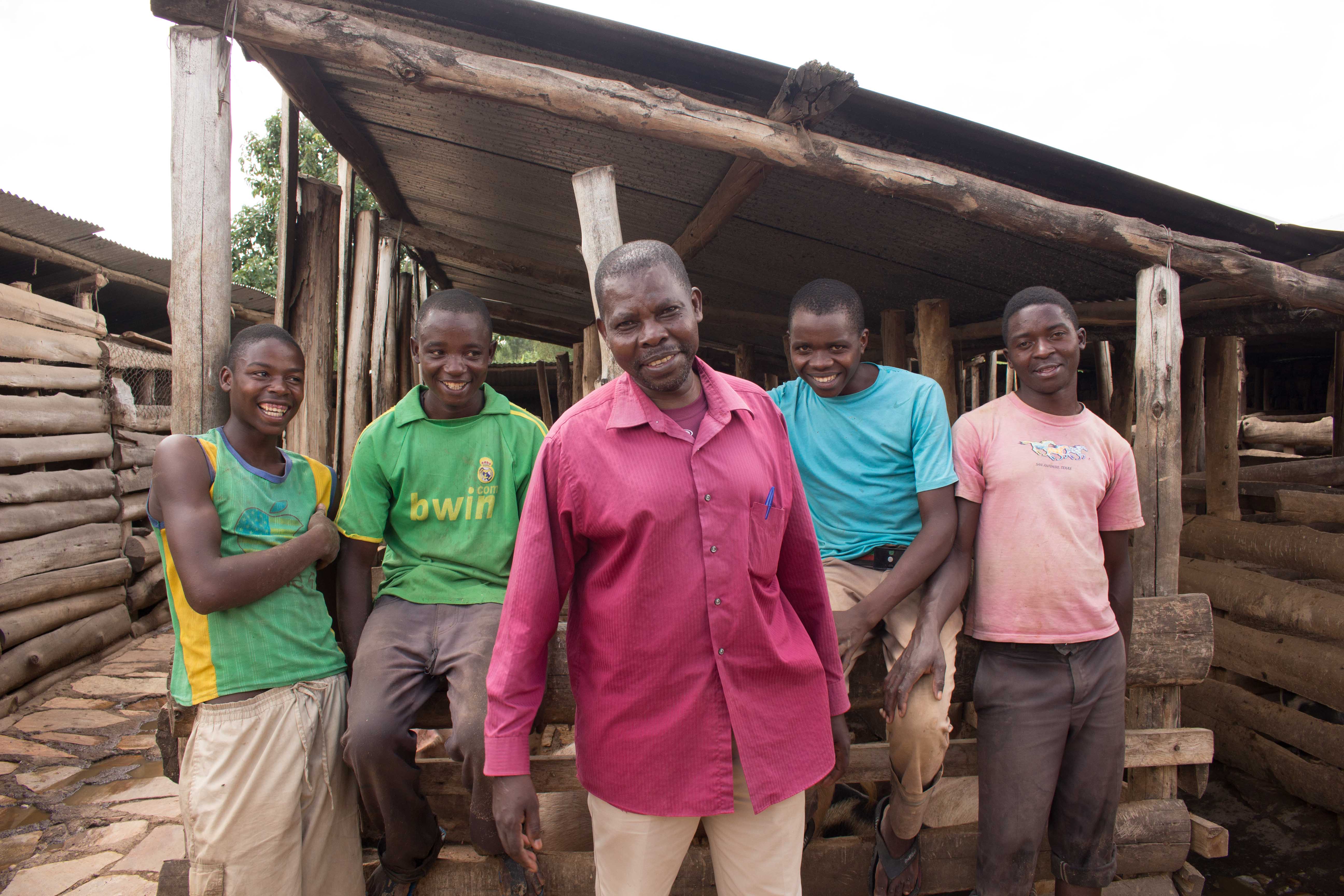By Alisa Hoober, HOPE Board Member
Earlier this year, I had the incredible opportunity to visit HOPE International’s work in Zambia.
I’ve traveled and seen poverty before, but being with my children changed how I related to those I met. It was a blessing to visit with our whole family, especially with my three young daughters.
At home, we pray for HOPE and support their work—but showing our children HOPE in action was something I won’t forget. Continue Reading…




















